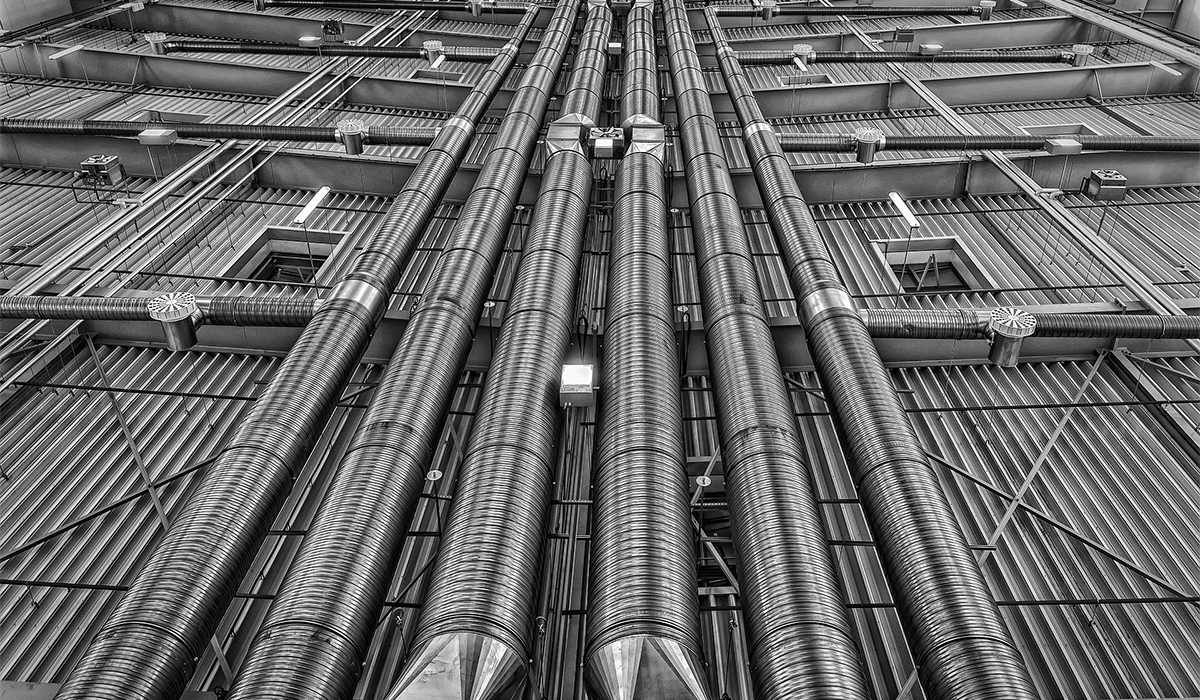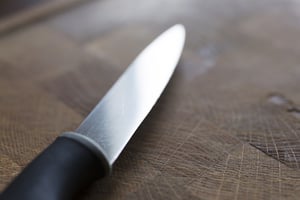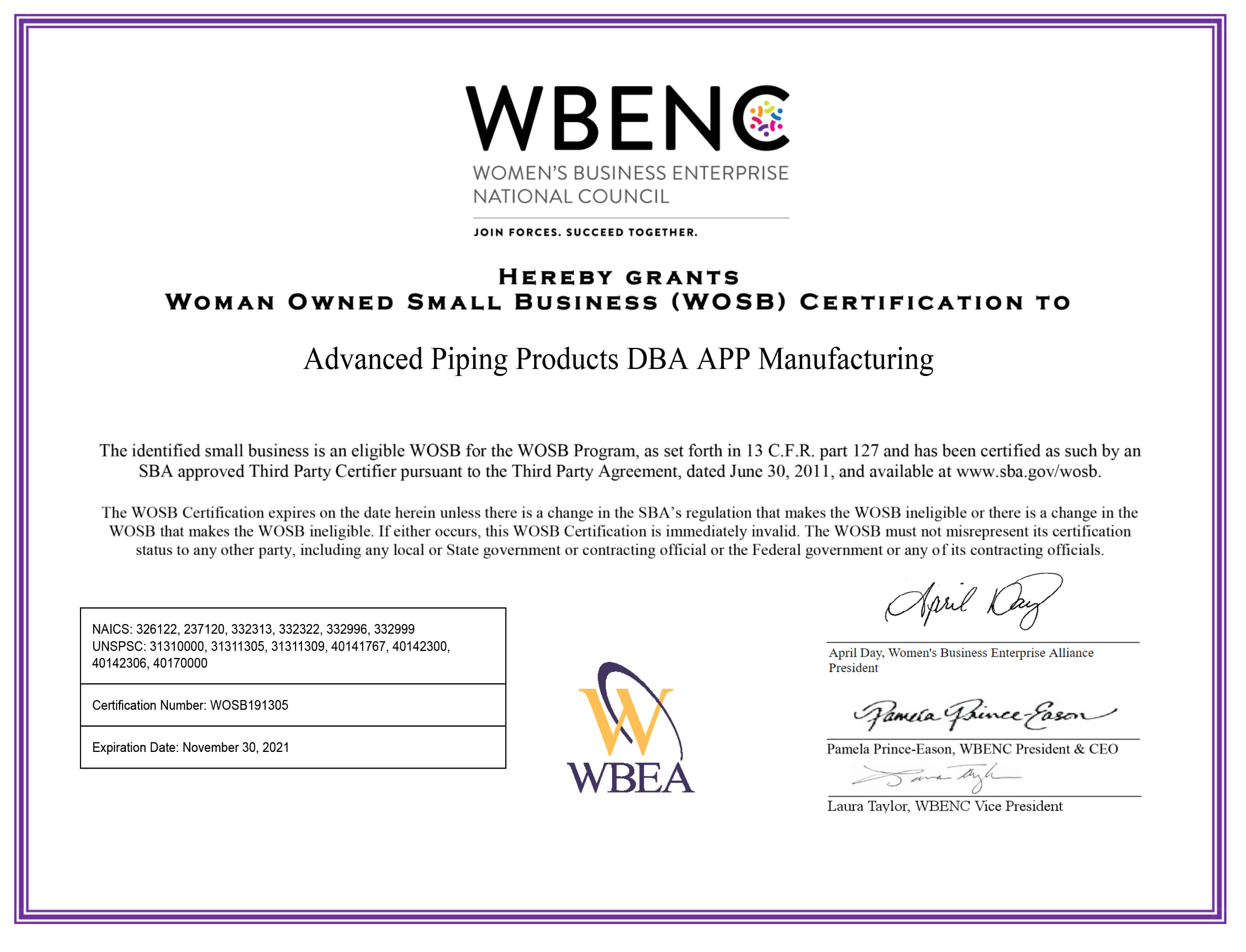
Many of us seldom consider all the differences in steel products. The two most common types are carbon and stainless steel, and they have several unique characteristics.
Stainless steel is the material used for food production equipment and utensils, medical devices, automotive parts, and much more. The most important characteristic is that stainless steel never oxidizes or rusts as other iron and steel products do.
Corrosion resistance, aesthetic appeal, low-maintenance, and strength make stainless steel a popular choice for a variety of applications. Whenever you walk through a commercial kitchen or a hospital, you’re surrounded by panels made from a shiny metal material. That’s stainless steel.
Carbon steel, on the other hand, has a matte finish and has a higher tensile strength and is harder than stainless steel. This material is used for knives and other bladed instruments that must maintain their cutting edge longer. However, this steel will oxidize when exposed to moisture, even in small amounts. Carbon steel is also not as ductile or easily molded as stainless steel.
Carbon steel and stainless steel have the same basic ingredients of iron and carbon but add a variety of alloying elements. Carbon steel has less than 10.5% chromium content, while stainless steel must be equal to or greater than 10.5% chromium content.
What Makes Carbon Steel So Tough?
Carbon steel has carbon content; at up to 2.1% of the metal’s weight. The carbon component is the ingredient that makes the steel stronger. Other materials are used in small amounts to enhance specific characteristics, like rust resistance without diminishing the strength of the alloy.
To maintain the durability characteristic of carbon steel, The American Iron and Steel Institute (AISI) defines the maximum percentage of other materials, which can include:
- Copper
- Manganese
- Silicon
…with no minimum for corrosion-resistant materials like:
- Chromium
- Cobalt
- Nickel
- Titanium
- Tungsten
- Vanadium
How is Carbon Steel Used?
Because carbon steel is an alloy hardened by the carbon content, how the steel is used depends on how much carbon it contains. For example, steel made with low carbon content can be used for wrought iron or fencing. Medium-carbon is a significant component for construction projects like bridges and buildings, while high-carbon content steel is used for coils and steel wires. Strength and durability make this steel ideal for cutting tools, saws, drills, knives, and other equipment that requires a heavy-duty cutting edge.

What Makes Stainless Steel Rust-Resistant?
Stainless steel is rust-resistant because it consists of at least 10.5% chromium, a metal that won’t rust when exposed to moisture. The chromium provides a protective buffer between the air around the material and the steel’s iron content. Any industrial facility that uses water during production will use stainless steel as a primary metal material.
Stainless Steel in Piping Systems and Accessories
The corrosion-resistant properties of stainless steel make this material a natural choice for piping systems used by petrochemical, refining, solar, food processing, and other industries. The durability and easy maintenance make stainless a logical option.
APP Manufacturing
For information regarding piping systems and accessories, contact APP, an essential supplier of piping accessories and support. The professionals at APP will be glad to answer any technical questions about industrial pipe designs and materials.






